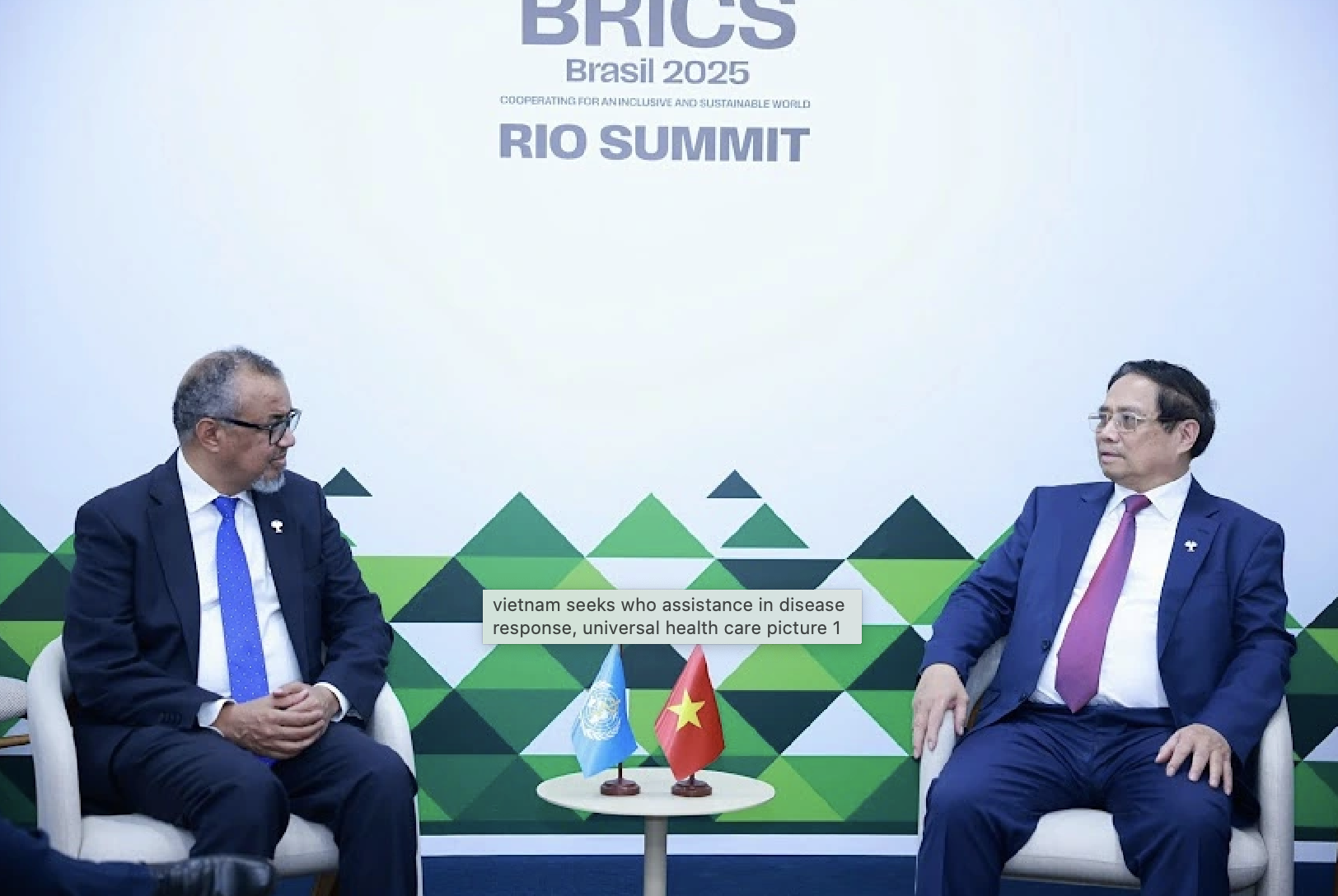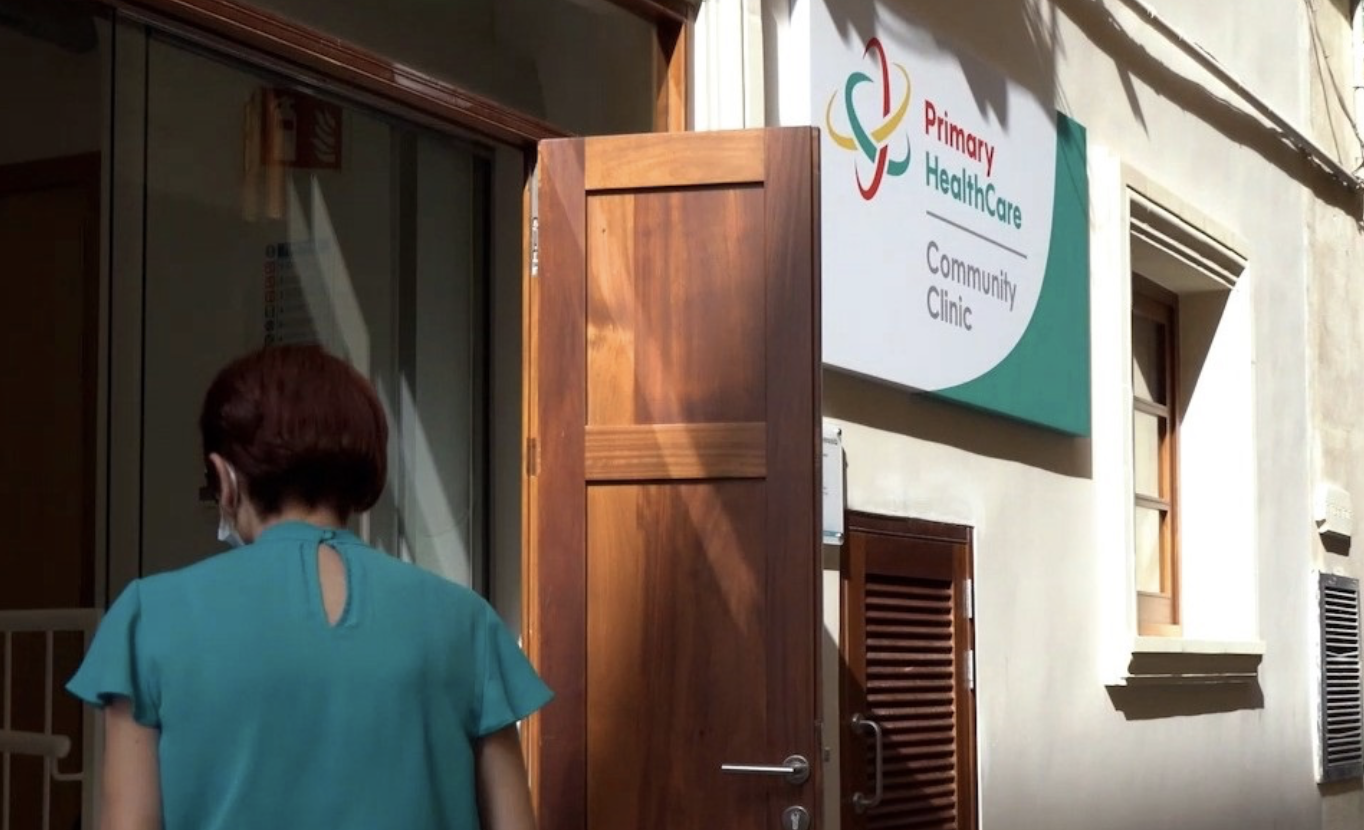This realist review of 67 studies identified 27 strategies to enhance migrant health in Iran, focusing on trust-building through intersectoral governance, inclusive insurance to reduce financial barriers, cultural competency to improve accessibility, and community or...

President of the DRC affirms that health is a budgetary priority
The President of the Democratic Republic of Congo has called on provincial leaders to devote at least 15% of their annual budgets to the health sector. Health is a collective responsibility and a crucial objective for the future of the nation, a right for all, not a...
National Health Policy and factors predicting its implementation at the local level in Nepal
This study assessed the implementation of Nepal’s National Health Policy at the local level, finding that health workers had moderate awareness, with main challenges including inadequate infrastructure, limited skilled professionals, and insufficient funding. Regular...

Sierra Leone advances towards universal health coverage with key bill discussion
Sierra Leone’s Ministry of Health, supported by the WHO, held a high-level dialogue on the draft bill to establish the Sierra Leone Agency for Universal Health Coverage (SLAUHC), aiming to unify and streamline national health financing through integration of the Free...

Evolving healthcare in Southern and Southeast Asia
Rapid ageing and rising non-communicable diseases are straining South and Southeast Asia’s underfunded healthcare systems. Countries are boosting funding, adopting digital health, and improving preventive care, but rural access gaps and high costs persist despite...

Redesigning Fiji’s Primary Healthcare System for Equity
Fiji’s dispersed geography and workforce shortages limit healthcare access in rural areas. Efforts to strengthen community health workers, leverage digital tools, and prioritize locally-driven, continuous care aim to ensure all citizens receive essential primary...

Vietnam seeks WHO assistance in disease response, universal health care
The WHO Director-General praised Vietnam’s strong health policies and affirmed continued support in strengthening grassroots healthcare and public health systems. Prime Minister Chinh highlighted Vietnam’s shift toward prevention-focused healthcare and called for...

Indonesia makes impressive progress towards Universal Health Coverage within 10 Years
Indonesia makes impressive progress towards universal health coverage in just 10 years, covering over 98 percent of its population through the Jaminan Kesehatan Nasional (JKN) Program, thanks to strong government commitment and collaboration among stakeholders. Badan...

Transforming South Africa’s healthcare: the National Health Insurance Act’s promise of equity for all
South Africa’s National Health Insurance (NHI) Act aims to create a unified, fair, and affordable healthcare system that provides equal access to quality care for all citizens, regardless of income or location. This transformative reform addresses current inequalities...
Governance of the private health sector in Georgia
Georgia’s move toward universal health coverage is challenged by a largely private health sector and weak governance. Insufficient regulatory detail, purchasing gaps, and poor stakeholder dialogue undermine care quality and equity. Strengthening governance requires...

New WHO/Europe report identifies coverage policy options to improve financial protection in Malta
Nearly 7% of Maltese households face catastrophic health spending. To improve financial protection, Malta should expand means-tested schemes, reduce medicine prices, address waiting times, and broaden publicly funded dental services. A new WHO report, “Can people...
Fit for the Future: 10 Year Health Plan for England
The 10 Year Health Plan for England seizes the opportunities provided by new technologies, medicines, and innovations to deliver better care for all patients – wherever they live and whatever they earn – and better value for taxpayers. It is making 3 big shifts to how...
Out-of-pocket cost and financial catastrophe of patients with cancer: the alarming cost-of-illness in Bangladesh
This study assessed the annual out-of-pocket (OOP) costs of cancer care for patients in Bangladesh, their coping mechanisms, and the financial distress they experienced. Using data from three hospitals, researchers estimated an average annual OOP cost of US$ 6,504 per...

Multidisciplinary group works to strengthen Paraguay’s health system
Summary: In March 2025, a multi-ministerial group met in Paraguay, including, among others, the ministries of health and finance, to work on strengthening the healthcare system. Within 60 days, they are to propose specific measures for intensive care units. At the...

Nigeria seeks deeper health ties with Brazil, unveils bold agenda for Universal Health Coverage
The Federal Government of Nigeria has reaffirmed its commitment to Universal Health Coverage by deepening strategic health sector cooperation with Brazil, focusing on local pharmaceutical production, digital health, and workforce development, while drawing lessons...
